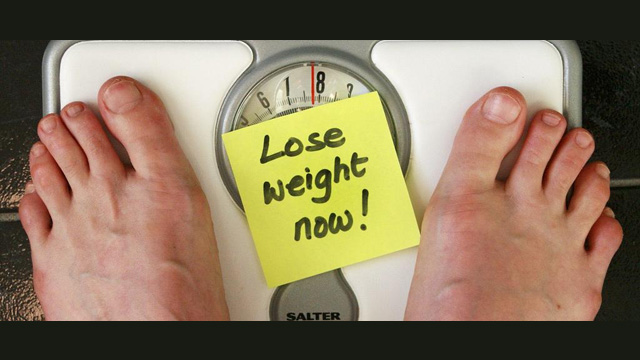



Do you rush to your nearest bakery twice a day to hog on to your favourite cakes and desserts? Do you feel weak and helpless when people eat anything delicious in front of you? Do you feel dejected when people call you fat but a hamburger is enough to make-up for it?
If the answer to any of these questions in yes, then my dear friend you are a victim of food. There is nothing bad in enjoying food like every normal person does, but the problem arises once you graduate from a foodie or a glutton to maniac. This leads to obesity. Obesity may be defined as an abnormal growth of adipose tissue due to enlargement of fat cell size or an increase in fat cell numbers or both. It is often expressed in term of body mass index (BMI).
For most people, BMI is a reliable indicator of body fat. It is calculated based on your height & weight.BMI can be calculated with help of weight & height by simple formula
| BMI (Kg/m2) = weight (kg) / [height (m)]2 If your BMI is less than 18.5, it falls within the “underweight” range.
|
Abdominal obesity is defined as waist circumference of > 102 cm for men and > 88 cm for non-pregnant women
Harmful effects of being overweight & obese on health
Obesity is the most prevalent form of malnutrition that affects both children & adults. It is estimated that in developed countries 20 to 40 % adults & 10 to 20 % children are affected. This condition often leads to
Prevention & control
Parimatch Betting Company is one of the most famous online sports betting companies in India.…
The history of gambling spans thousands of years. Various kinds of gambling were chronicled in…
Gambling entertainment has attracted people since ancient civilizations. Today, the range of casino games is…
Photo by michael weir on Unsplash The country is an athletic and economic powerhouse and…
Cyber attacks are the biggest concern, after the increasing scams, and spam has diversified to…
Irrespective of being men or women, both are found to spend good time in the…